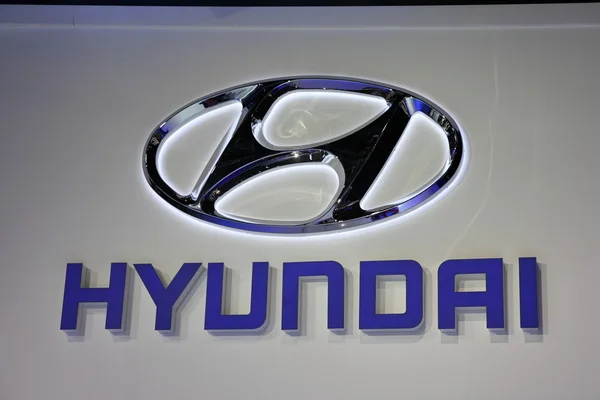Hyundai Motor India Ltd. (HMIL), a subsidiary of the South Korean automotive giant Hyundai Motor Company, is gearing up for a landmark initial public offering (IPO) in June 2024. This IPO is poised to be one of the largest in India’s history, potentially raising between $2.5 billion to $3 billion, positioning it alongside other major IPOs such as Life Insurance Corporation of India’s record-setting offering in 2022.
Reasons Behind the IPO
The primary impetus for Hyundai’s IPO in India is multifaceted. Firstly, the company aims to capitalize on the robust growth of the Indian stock markets, which have surged significantly over the past few years. The BSE Sensex has notably doubled between 2019 and 2023, making India an attractive destination for raising capital compared to the relatively stagnant KOSPI index in South Korea.
Additionally, Hyundai seeks to address the “Korea discount,” a phenomenon where South Korean companies typically trade at lower valuations due to geopolitical risks and less transparent corporate governance. By listing its Indian operations separately, Hyundai hopes to achieve a more favorable valuation that reflects the strong performance and growth potential of its Indian subsidiary.

Utilisation of IPO Proceeds
Hyundai Motor India plans to use the funds raised from the IPO to bolster its expansion plans in the country. A significant portion of the proceeds will be allocated towards the development and launch of electric vehicles (EVs), establishing a comprehensive EV charging network, and constructing a new battery manufacturing facility. This strategic focus aligns with the global shift towards sustainable mobility and India’s push for greener transportation solutions.
The company also intends to enhance its manufacturing capacity to meet the growing demand in both domestic and international markets. Hyundai India recorded its highest-ever domestic sales in 2023, with 602,000 units sold, reflecting a 9% year-over-year growth. This expansion is expected to further solidify Hyundai’s position as the second-largest passenger vehicle manufacturer in India, trailing only Maruti Suzuki.
Impact on the Indian Automotive Market
Hyundai’s IPO is likely to have significant ramifications for the Indian automotive industry. With the infusion of fresh capital, Hyundai can accelerate its product development cycle, introducing new models and technologies at a faster pace. This will intensify competition, particularly with market leader Maruti Suzuki, which has also been making strides in the SUV segment and is set to launch its first electric SUV later this year.
Moreover, Hyundai’s commitment to EVs and infrastructure development could serve as a catalyst for broader adoption of electric mobility in India. The company’s investment in a local battery facility and charging network will address two critical barriers to EV adoption: high vehicle costs and inadequate charging infrastructure.
Broader Economic and Market Implications
From a broader economic perspective, Hyundai’s IPO underscores the growing importance of India as a strategic market for global automotive players. The successful listing could attract more foreign investment into the Indian automotive sector, fostering innovation and growth. It also highlights the potential for Indian capital markets to support large-scale fundraising efforts by multinational corporations, reinforcing India’s status as a key player in the global financial ecosystem.
The IPO’s success will also be closely watched by investors and industry analysts, as it could set a benchmark for future listings by other international companies in India. A favorable reception would validate the strategy of leveraging India’s dynamic market conditions to unlock value and drive growth for global businesses.
In conclusion, Hyundai Motor India’s impending IPO is a strategic move designed to leverage India’s robust market growth, address valuation disparities, and fund critical expansion initiatives. Its success could reshape the competitive landscape of the Indian automotive industry and reinforce India’s attractiveness as a destination for global capital.

